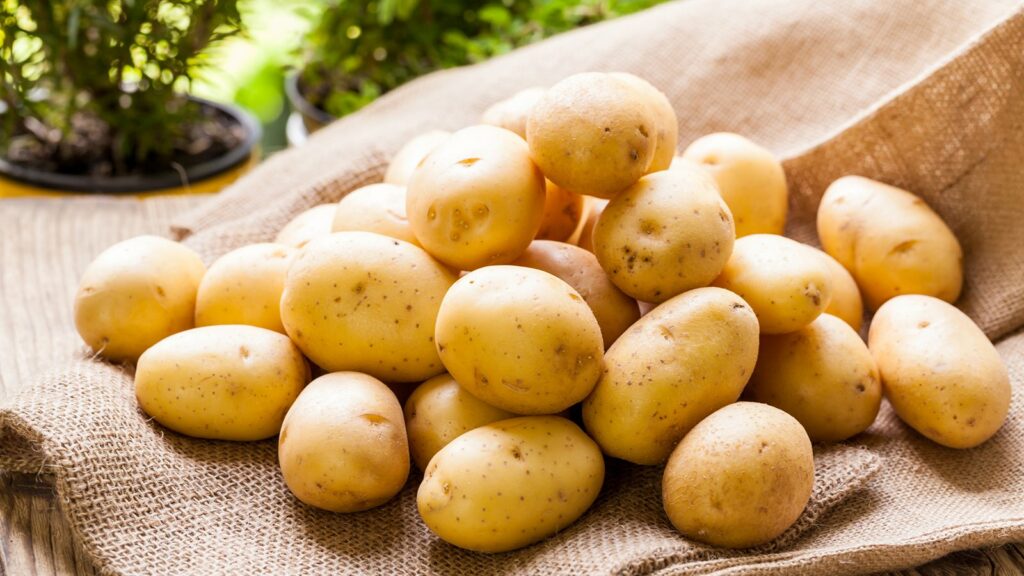Diet plays a crucial role in managing and preventing candida yeast infections. Candida overgrowth occurs when there is an imbalance in the body’s natural microbiota, allowing the candida yeast to proliferate. By making dietary adjustments, you can support your immune system, restore balance, and fight candida yeast infections. In this comprehensive guide, we will explore five diet tips that can help you combat candida and promote overall well-being.
Limit Sugar and Simple Carbohydrates:
One of the primary fuel sources for candida is sugar. Therefore, reducing your sugar intake is essential in combating candida yeast infections. This includes not only refined sugar but also natural sweeteners like honey and maple syrup. Additionally, you should avoid consuming simple carbohydrates such as white bread, pasta, and processed foods that quickly convert to sugar in the body. Instead, opt for complex carbohydrates like whole grains, legumes, and vegetables, which provide essential nutrients and fiber while releasing sugar more slowly into the bloodstream.
Focus on Anti-Fungal Foods:
Incorporating anti-fungal foods into your diet can help inhibit the growth of candida. Garlic, for example, contains a compound called allicin, which exhibits potent anti-fungal properties. Other anti-fungal foods include coconut oil, oregano oil, ginger, turmeric, and cinnamon. These ingredients can be incorporated into meals or consumed as supplements, but it’s important to consult with a healthcare professional or nutritionist to determine appropriate dosage and usage.
Include Probiotic-Rich Foods:
Probiotics are beneficial bacteria that promote a healthy balance of gut flora, thus inhibiting candida overgrowth. Introducing probiotic-rich foods into your diet can help restore the natural microbiota. Fermented foods like yogurt, kefir, sauerkraut, kimchi, and tempeh are excellent sources of probiotics. Be sure to choose varieties that are low in sugar and additives. Alternatively, you can consider taking a high-quality probiotic supplement, but it’s advisable to seek guidance from a healthcare professional to ensure you select the most suitable one.
Optimize Nutrient Intake:
Maintaining a nutrient-rich diet is crucial for supporting your immune system and overall health. Candida overgrowth can deplete essential nutrients, so it’s essential to replenish them. Include a variety of nutrient-dense foods in your diet, such as leafy greens, colorful vegetables, lean proteins, healthy fats, and whole grains. These foods provide essential vitamins, minerals, antioxidants, and fiber, which support the body’s natural defense mechanisms. Consider consulting a registered dietitian to help you develop a personalized meal plan tailored to your nutritional needs.
Practice Moderation and Mindful Eating:
- In addition to specific dietary considerations, practicing moderation and mindful eating can be beneficial in combating candida yeast infections. Avoid overeating and try to listen to your body’s hunger and satiety cues. Mindful eating involves savoring and appreciating each bite, paying attention to flavors and textures, and eating slowly. This practice can help improve digestion and reduce stress, both of which play a role in maintaining a healthy microbiome.
- Remember, while these diet tips can help in fighting candida yeast infections, they should be used in conjunction with other recommended treatments. It’s important to consult with a healthcare professional to receive a proper diagnosis and create a comprehensive treatment plan tailored to your specific needs.
- In summary, combating candida yeast infections through dietary adjustments involves limiting sugar and simple carbohydrates, incorporating anti-fungal and probiotic-rich foods, optimizing nutrient intake, and practicing moderation and mindful eating. By adopting these dietary strategies, you can support your body’s natural defenses and promote a healthy balance of microbiota, helping to alleviate candida overgrowth and enhance overall well-being.

